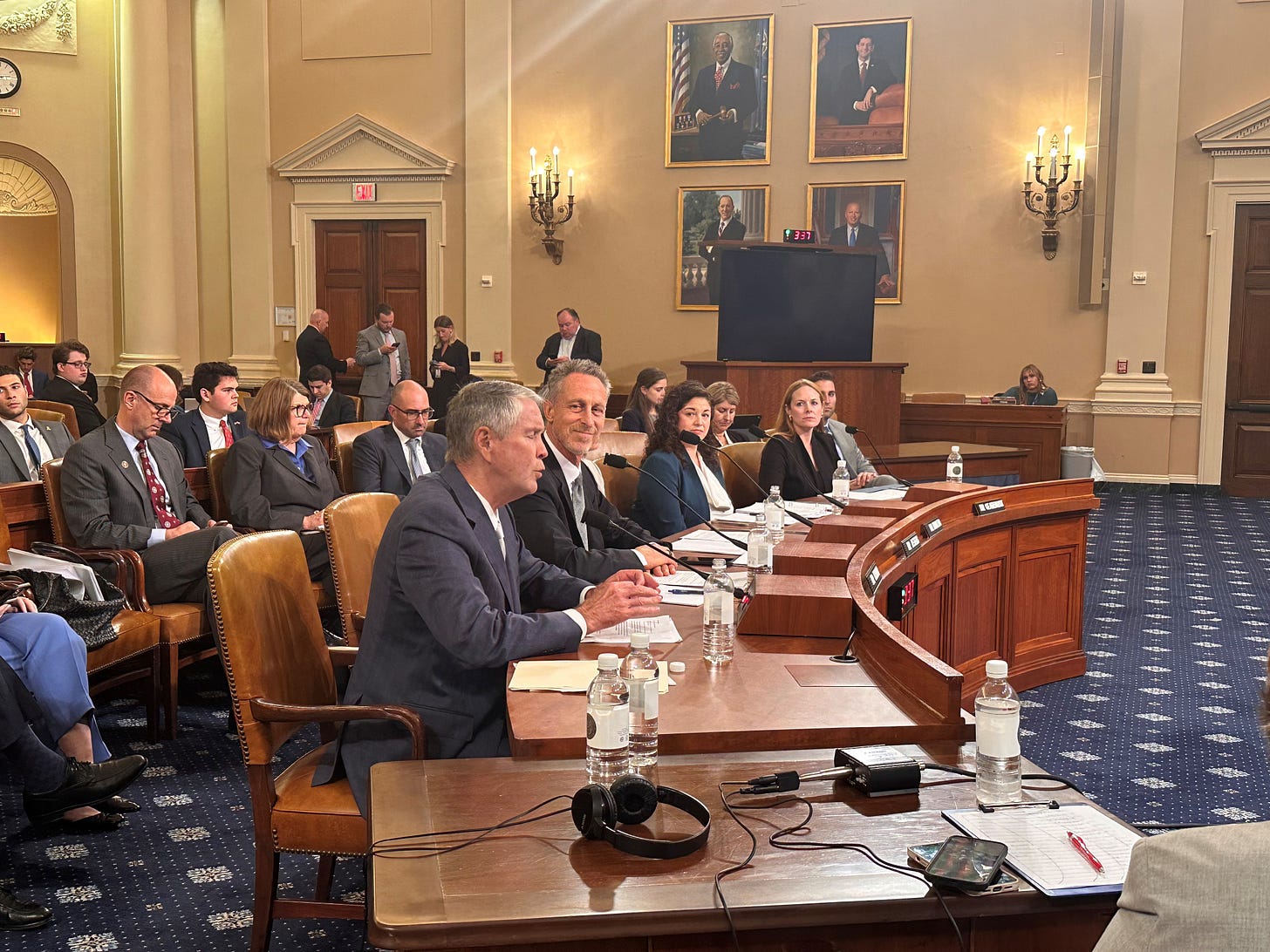As a physician who cared for patients with chronic heart and lung conditions, and as a policymaker who has seen firsthand how evidence-based nutrition policy improves health and well-being, I know that food is medicine.
Today, nutritious food is finally being recognized as a fundamental component of healthcare. But we still have a long way to go to integrate this understanding into our federal policy and healthcare systems. This administration has the potential to make this a reality – starting with good nutrition for our youth.
In our new article in JAMA, which I wrote in collaboration with Dary Mozaffarian and Emily Callahan at the Tufts Food is Medicine Institute, we review the Make America Healthy Again (MAHA) Commission report, which confronts the growing crisis of diet-related chronic diseases in U.S. children. The report highlights poor nutrition—especially the widespread consumption of ultra-processed foods (UPFs) and lack of whole, nutrient-rich foods—as a central driver of this health decline.

Decades of government inaction and industry influence have allowed refined grains, added sugars, and harmful additives to dominate children's diets. Despite some scientific and citation flaws in the report, it presents a pivotal opportunity for systemic change in the U.S. food and health policy landscape.
To lay the foundation for the needed changes in our children’s dietary health – we recommend the following prescription for action:
Policy & Government Action
Create a National Institute of Nutrition at NIH to coordinate and fund robust, sustained, independent nutrition research.
Reverse proposed NIH budget cuts to nutrition research and reinstate canceled university nutrition research grants. The administration's proposed 40% NIH budget cut and workforce reductions have sidelined expert scientists, in addition to jeopardizing vital nutrition research nationwide. These reductions are at direct odds with MAHA’s stated goals.
Appoint a national director of food and nutrition within the White House to coordinate efforts and resources across 21 fragmented federal agencies and departments.
Close FDA's “generally recognized as safe” (GRAS) loophole that permits industry to use new food substances without public notice or release of safety data and enforce post-market review of harmful food additives.
Set mandatory limits on added sugar and salt in processed foods, as recommended in a 2010 National Academies of Sciences, Engineering, and Medicine report.
Modernize food labeling to clearly disclose ultra-processed foods (UPFs) and servings of healthy food groups.
Restrict food marketing to children under the Federal Trade Commission, particularly deceptive advertising that targets young audiences.
Healthcare Integration
Scale effective "Food Is Medicine" programs into healthcare systems including Medicaid, Medicare, VA, Indian Health Services, and commercial payers.
Incorporate food-based therapies into clinical care for children with diet-related diseases.
Invest in testing and evaluating nutrition-based Food is Medicine interventions for cost-effectiveness and health outcomes.
Nutrition Programs Reform
Reform and strengthen federal food programs like SNAP, WIC, and school meals (~$160B annually):
Support efforts to remove soda and candy from SNAP.
Oppose proposed cuts to SNAP and Medicaid in the One Big Beautiful Bill Act, which would negatively impact children’s health and nutrition access for the most vulnerable, and undermine the MAHA Commission’s goals.
Food Industry & Agriculture Innovation
Accelerate private-sector innovation in affordable, nutrient-dense, minimally processed foods through tax, regulatory, and loan incentives. Ground all food innovation in scientific evidence.
Advance regenerative agriculture to restore soil, waterways, and biodiversity while boosting crops’ nutrition and farmers’ profits.
Public Health Priorities
Focus on reducing public consumption of UPFs high in refined grains, sugars, and artificial additives.
Promote increased intake of under-consumed whole foods like fruits, vegetables, legumes, minimally processed whole grains, seafood, and dairy.
Emphasize sodium reduction, especially from restaurant and processed foods.
We hope the MAHA Commission incorporates these proposals into its upcoming policy recommendations and that lawmakers consider how today’s policy decisions can help restore the health of our nation’s children.
For more on Food is Medicine, you can read my Congressional testimony on the issue here, and my recent articles here, here and here.





Send RFK Jr a copy of this post.
Do you think he will read it.. No.